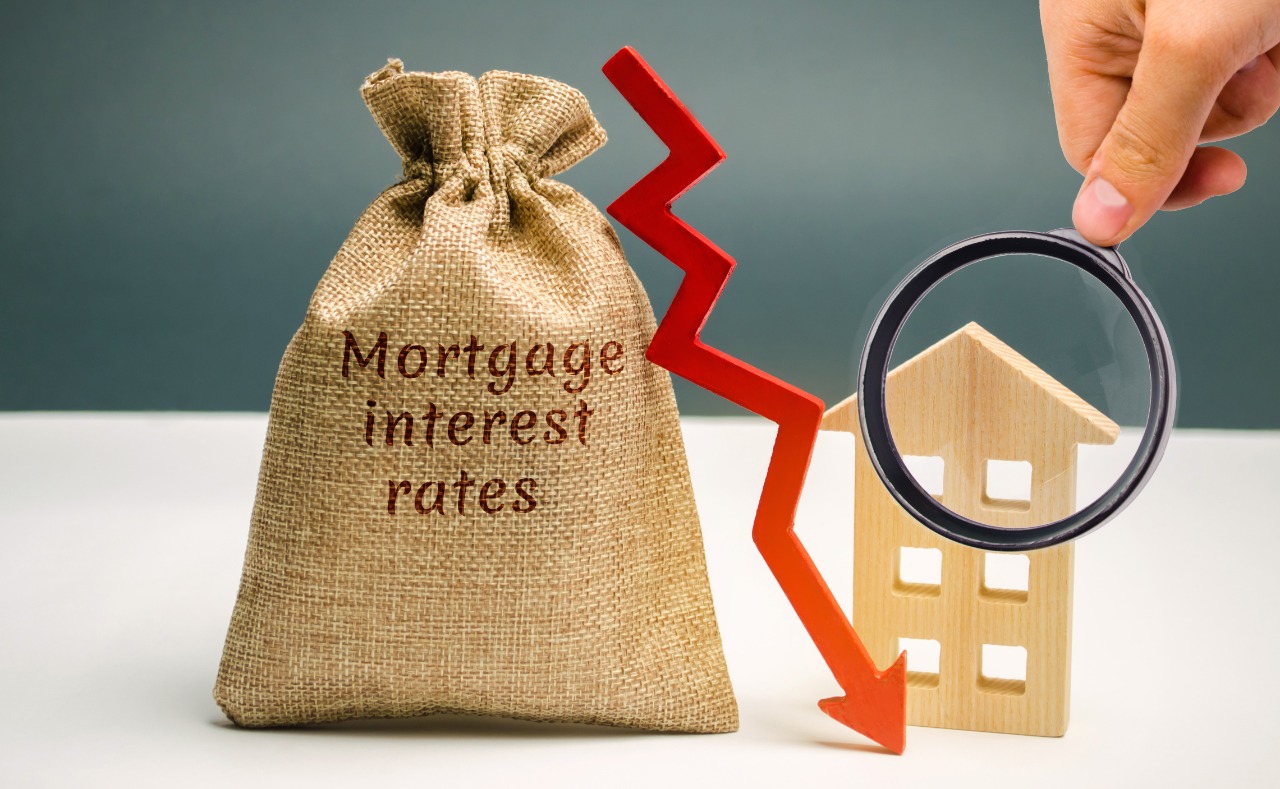A home loan is financial assistance that allows you to buy your ideal home without a dip into your resources. The EMIs you must pay each month to determine whether or not you can afford a house loan. The total loan amount is spread out over several years in EMIs so that the loan does not put a strain on your monthly budget.
However, if you’re buying flats in Chennai the amount of your EMI is determined by the applicable interest rate. The interest rate on your home loan varies depending on the lender. Aside from that, numerous things influence your interest rate. Let us shed some light on those factors.
Amount of the loan
Your requested loan amount determines the interest rate on your home loan when buying flats in Chennai. You must first examine your demands and apply for a loan amount based on the rate of the home you intend to purchase. So, keep your loan amount confined to the amounts you require and avoid borrowing more dollars only to save on interest.
Loan term
Even though lenders provide you several years to repay your house loan, you should aim to get the shortest home loan duration feasible when buying flats in Chennai. Even though the EMI payments are more considerable, shorter loan terms attract lower interest rates. If you choose a more extended loan period, your EMI may be lower, but you may pay more interest at the end of the loan term.
Interest type
The floating interest rate fluctuates following RBI guidelines. If the RBI lowers the interest rate, your EMIs will fall, saving you money on interest. However, if the RBI raises interest rates, your EMIs would also rise when you’re buying 4 BHK apartments in Adyar.
- In the case of fixed interest rates, the interest rate on your home loan remains constant throughout the loan term.
- That implies you won’t be able to benefit from any interest rate reductions that occur.
- Some lenders additionally allow you to pick between a fixed interest rate for the first 2-3 years and a variable interest rate for the remainder of the loan period.
- This interest rate begins with a fixed rate and transitions to a variable rate after 2-3 years.
Score and history of credit
Check your credit score before applying for a house loan in apartments in Chennai.
- When you apply for a house loan, the lender will review your credit history to determine your repayment history, creditworthiness, and financial habits.
- You are considered a high-risk borrower with a poor credit score, and your lender may charge you a higher interest rate on your loan amount.
- A good credit score identifies you as a low-risk borrower, resulting in a cheaper interest rate.
- To maintain a high credit score and create trust with lenders, always make your payments on time.
Loan-to-value ratio (LTV) ratio
The LTV is the proportion of the property value you wish to finance with a home loan. A more excellent ratio draws a higher interest rate due to the increased credit risk. Paying a large down payment ahead might lower the LTV ratio and, as a result, the interest rate.
Loan duration
Your loan’s term, or duration, is the amount of time you have to return it. Shorter-term loans often have lower interest rates and overall expenditures but larger monthly payments. A lot relies on the details of exactly how much less interest you’ll pay and how much higher your monthly payments may be depending on the length of the loans you’re considering and the interest rate when buying flats in Chennai.
Payment in advance
A greater down payment indicates a cheaper interest rate since lenders consider a lesser amount of risk when you have larger ownership of the property. So, if you can safely put down 20% or more, do it. You’ll obtain a cheaper interest rate. If you cannot make a 20% down payment, lenders will typically demand that you get private mortgage insurance (PMI). Home insurance, which protects the lender if a borrower fails to make payments on their loan, increases the overall cost of your monthly mortgage loan payment. When researching prospective interest rates, you may discover that a down payment of less than 20% results in a cheaper interest rate than one of 20% or greater. This is because you pay mortgage insurance, which reduces the risk for your lender.
- It’s critical to consider the entire cost of a mortgage. The greater the down payment, the cheaper the overall borrowing cost.
- Obtaining a cheaper interest rate might help you save money over time.
- Even if you discover a little cheaper interest rate with a down payment of less than 20%, your overall cost of borrowing will almost certainly be higher since you’ll have to make the additional monthly mortgage insurance payments.
- That is why it is critical to consider the overall cost of borrowing rather than simply the interest rate.
- To avoid pricey surprises, make sure you include in all of the charges of your loan while shopping around.
Co-applicant
Applying for a house loan with a co-applicant boosts your chances of getting a cheaper interest rate. The presence of co-applicant guarantees the lender that at least one of the applicants will repay the loan. As a result, they may agree to provide you with a lower-interest house loan.
Conclusion
The criteria stated above are some of the essential effects in determining the interest rate on your home loan. Some of these may be avoided by practicing excellent financial practices, while the economy drives others. So, keep all of these things in mind while applying for a house loan, as they will assist you in obtaining the most incredible interest rate based on your needs and budget.



